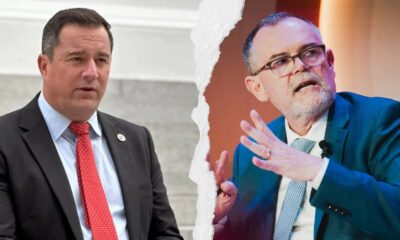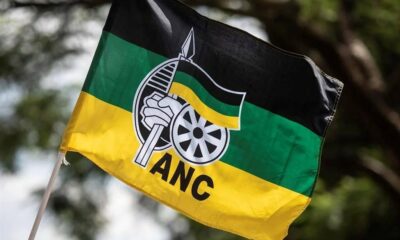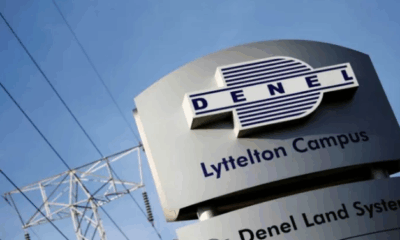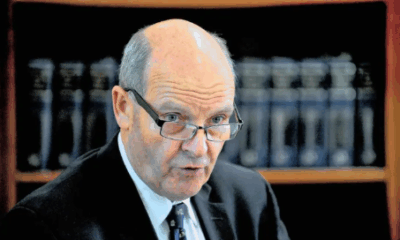News
Zuma’s Next Move: Former President Weighs Damages Claim After R28.9 Million Court Ruling
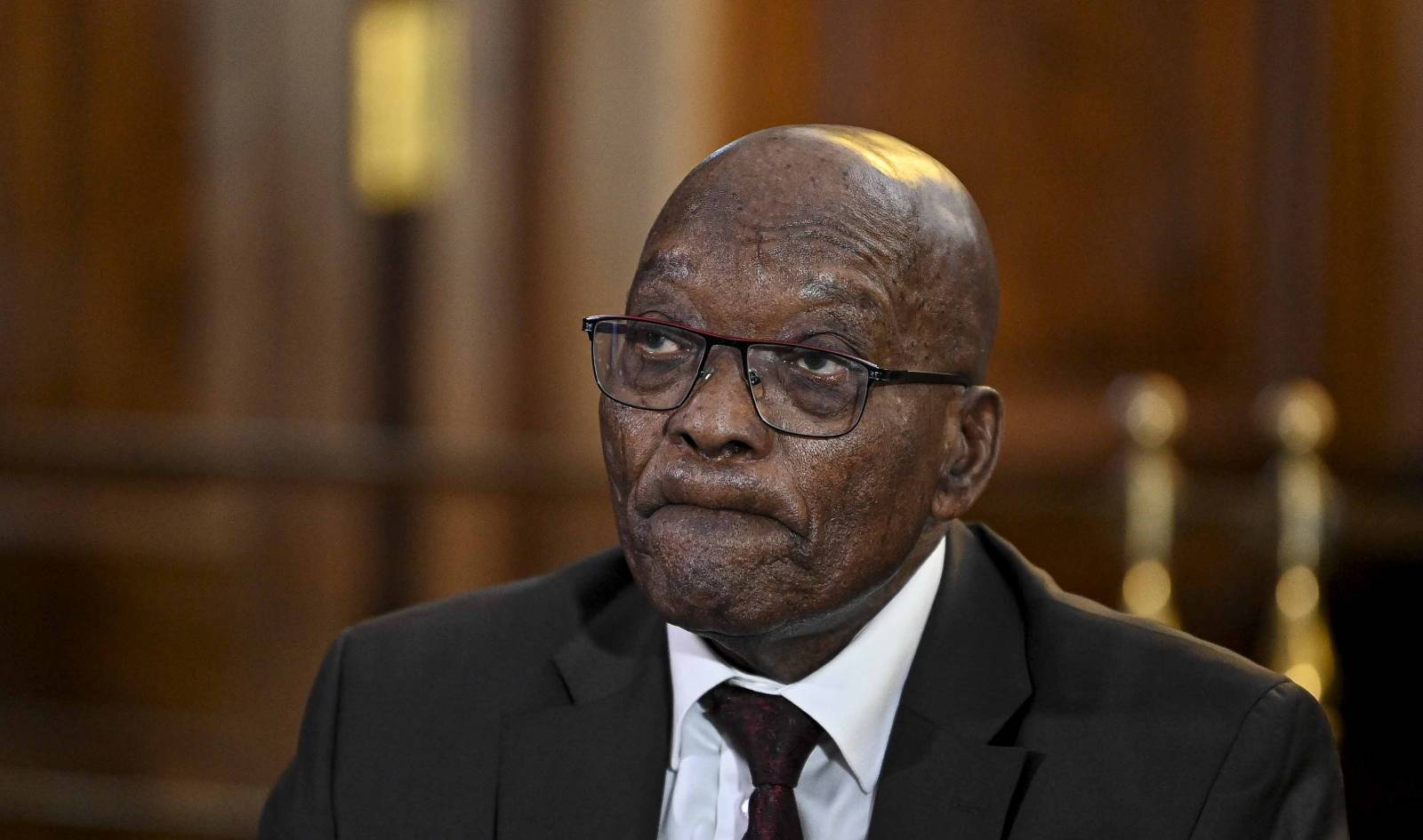
Zuma’s Next Move: Former President Weighs Damages Claim After R28.9 Million Court Ruling
Former president Jacob Zuma is once again back in the legal spotlight, but this time, it’s not about the arms deal or state capture. Instead, it’s about R28.9 million in legal fees that could cost him his presidential pension and potentially open a new front in his long-running battle with the state.
The Gauteng High Court ruled that Zuma must personally repay the government for the millions spent defending him in his corruption trial. But according to the Jacob Zuma Foundation, this isn’t the end of the road, it’s just the beginning of another legal fight.
“Punished for the State’s Mistakes”
In a strongly worded statement, the Zuma Foundation accused the court of double standards and “deep injustice.”
Spokesperson Mzwanele Manyi argued that the court itself acknowledged the state acted unlawfully and unconstitutionally by paying Zuma’s legal bills, yet still held Zuma accountable for the outcome of that same unconstitutional act.
“How can a citizen be punished for the unlawful conduct of the state?” Manyi asked. “President Zuma derived no benefit whatsoever. He didn’t authorise those payments. Yet now, he is being made to pay for them.”
The Foundation says it’s considering a damages claim against the state, arguing that Zuma has suffered “immense financial and personal harm” because of what it calls a “miscarriage of justice.”
A Blow to Zuma’s Legacy and Finances
Judge Anthony Millar’s ruling marks a serious financial setback for Zuma. If he fails to repay the R28.9 million, the state could attach his presidential pension, effectively wiping out one of his few remaining state benefits.
For many South Africans, the judgment felt like long-overdue accountability. But for Zuma’s supporters, it’s yet another chapter in what they view as a politically motivated effort to “humiliate a liberation hero.”
The ruling has reignited debate about how far the justice system should go in holding former presidents accountable and whether Zuma is being unfairly targeted while other politicians escape scrutiny.
Public Reaction: Divided, as Always
Social media exploded after the ruling. On X (formerly Twitter), the reactions split sharply along familiar lines.
“Finally! Zuma must pay like everyone else. Taxpayers can’t keep funding his endless court cases,” wrote one user.
“This is persecution, not justice. The man didn’t even approve the payments,” countered another.
Political analysts note that Zuma remains a polarising figure, loved and loathed in equal measure and that every court judgment against him seems to deepen the country’s political divisions.
What the Court Actually Said
The High Court’s decision followed a years-long battle sparked by the Democratic Alliance’s application to recover the state funds.
The court found that during Zuma’s presidency, the government had no legal basis to cover his personal legal bills. Even though the payments were made by the state, the judge ruled that Zuma, as the direct beneficiary, must reimburse the amount with interest, a clause Manyi said “defies fairness and established jurisprudence.”
Manyi further criticised the court for not invoking section 172 of the Constitution, which allows judges to craft “just and equitable” remedies when dealing with unconstitutional conduct.
Instead of punishing the officials who approved the expenditure under the Public Finance Management Act (PFMA), the Foundation argues, the court “shifted the entire burden onto an innocent party.”
Declining Faith in the Courts?
The Zuma Foundation didn’t stop at defending the former president, it went on to criticise the state of South Africa’s judiciary itself.
“The declining quality of judicial reasoning and inconsistency in constitutional application undermines public confidence in the administration of justice,” Manyi said.
That statement echoes a broader sentiment in parts of South Africa: that public trust in the courts is being tested. Whether one agrees with Zuma or not, the case raises a valid question, should individuals be held financially responsible for unconstitutional acts committed by the state itself?
What Comes Next
If Zuma proceeds with his threat to sue the state, the case could set a historic precedent, determining whether citizens can claim damages for losses caused by unconstitutional government actions.
For now, Zuma remains defiant. The Foundation insists he will “continue to fight for justice in fair-minded courts that remain true to the Constitution.”
But with mounting debts, an ongoing corruption trial, and growing political isolation, time may not be on his side.
As South Africans watch this familiar courtroom saga unfold, one thing is certain: Jacob Zuma’s legal battles and the debates they spark are far from over.
{Source: The Citizen}
Follow Joburg ETC on Facebook, Twitter , TikTok and Instagram
For more News in Johannesburg, visit joburgetc.com

